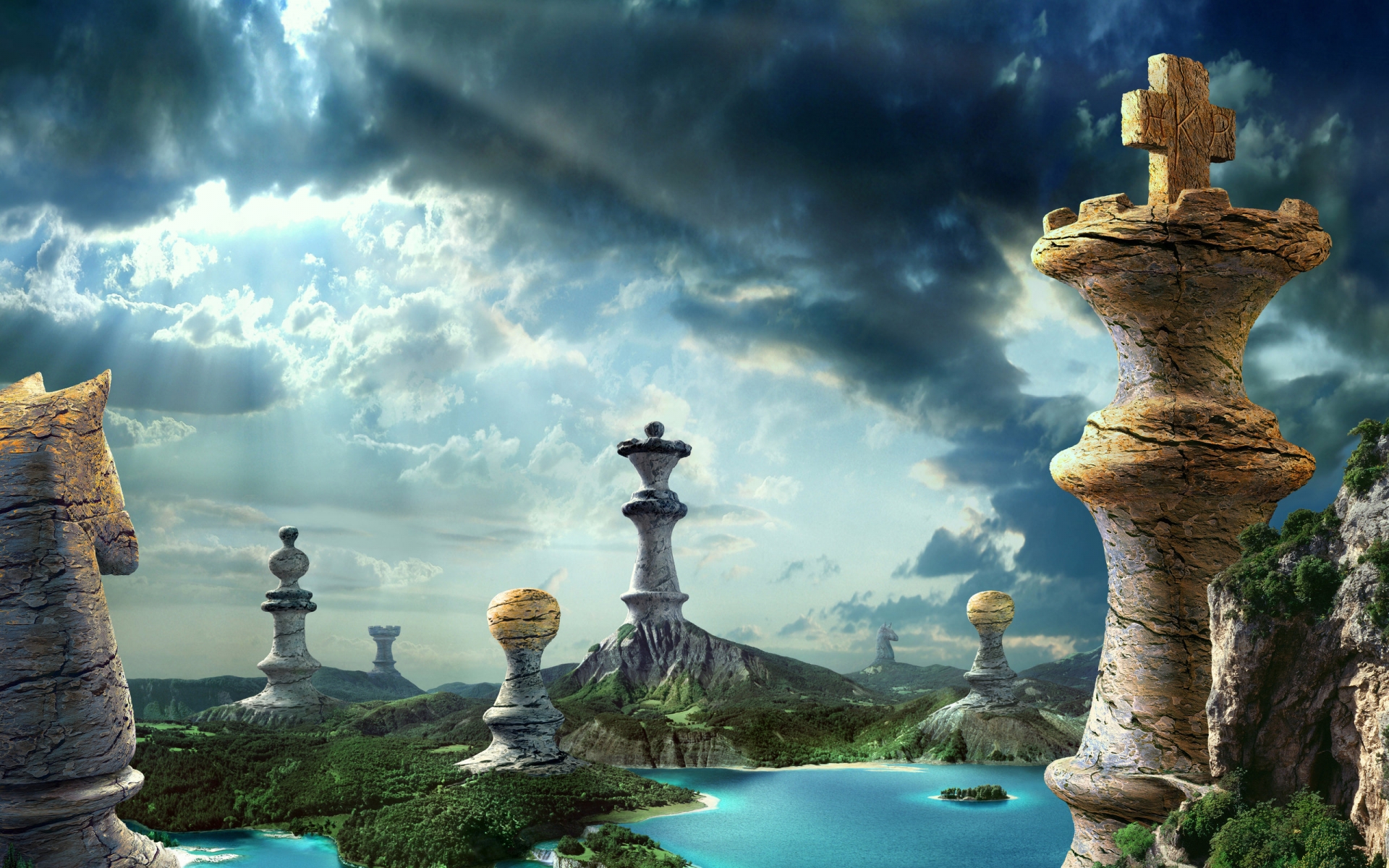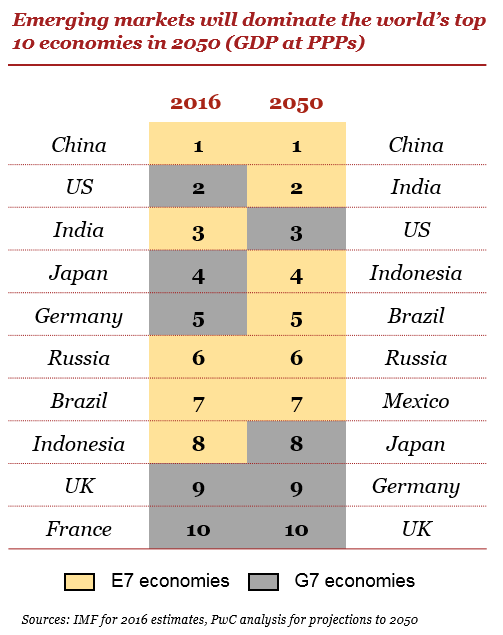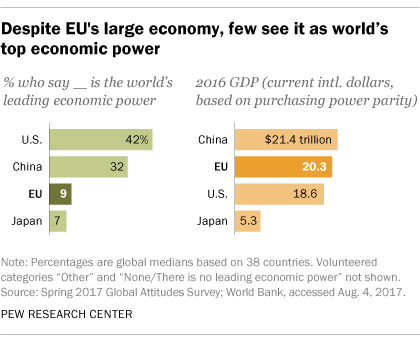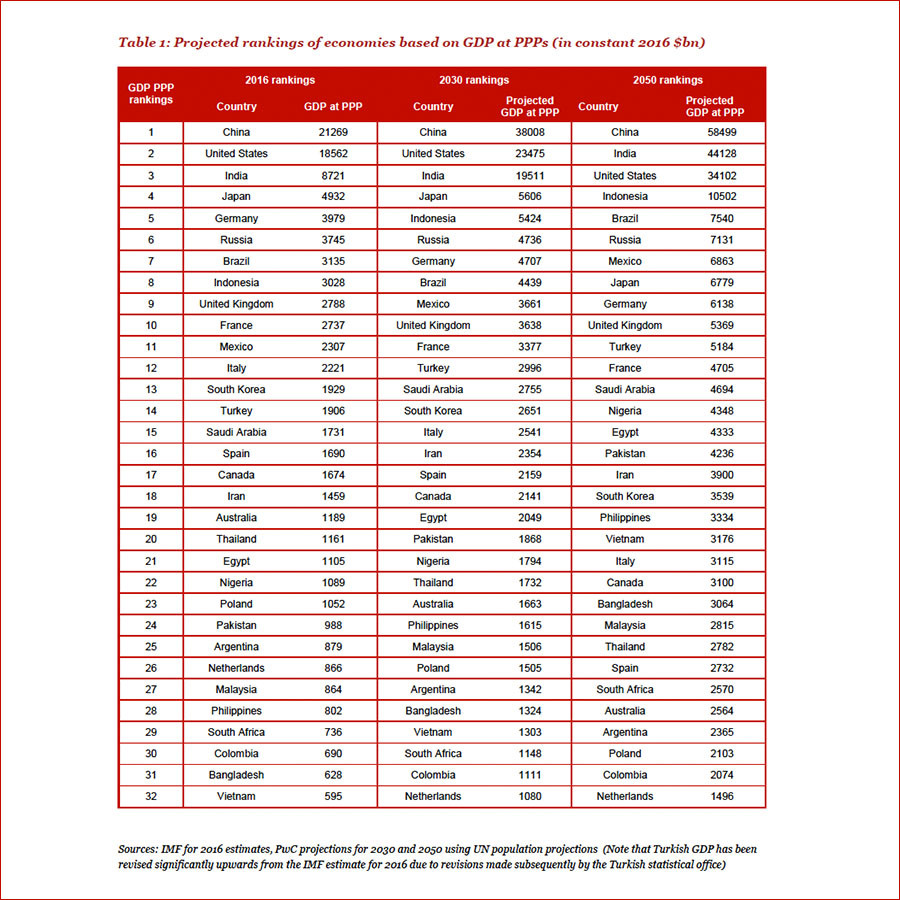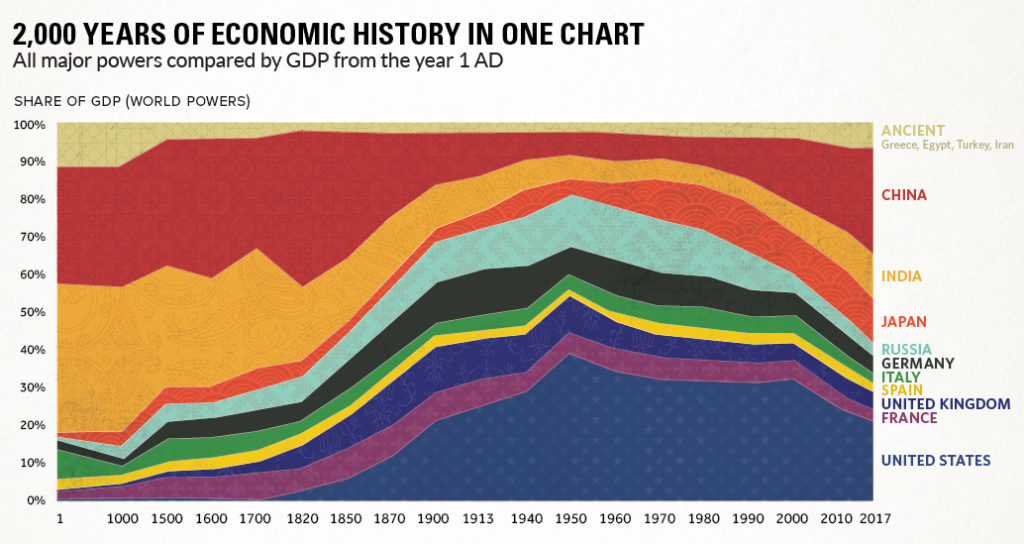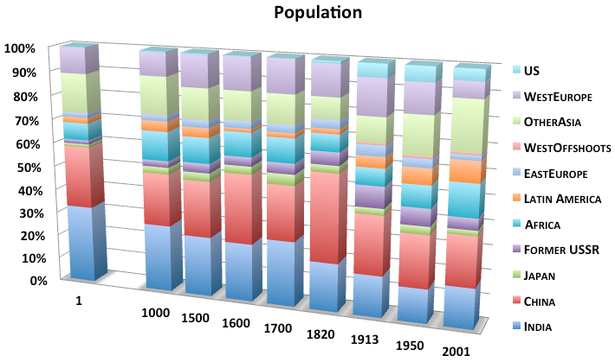A ghost is haunting the world – a virus that enters all nations into a holy alliance. Yet, no matter how much we fight the same enemy, our battle is as colorful as the nations. Whoever wishes to get to know the world can learn a lot these days. In response to the same virus all countries and leaders reveal their own peculiarities. Let me mention a few.

National personalities
- In egalitarian countries, leaders are quick in calling upon their citizen’s responsible; in hierarchic countries, citizens are quick in holding their leaders responsible.
- In democratic countries, leaders are checked for accuracy and honesty; in authoritarian countries, leaders tend to avoid criticism through concealment.
- In more ‘reason oriented’ countries, leaders tend to consider a targeted lockdown to spare the economy and build immunity; in more ‘passion oriented’ countries, leaders tend to reject this as cold and calculated and advocate for a total lockdown.
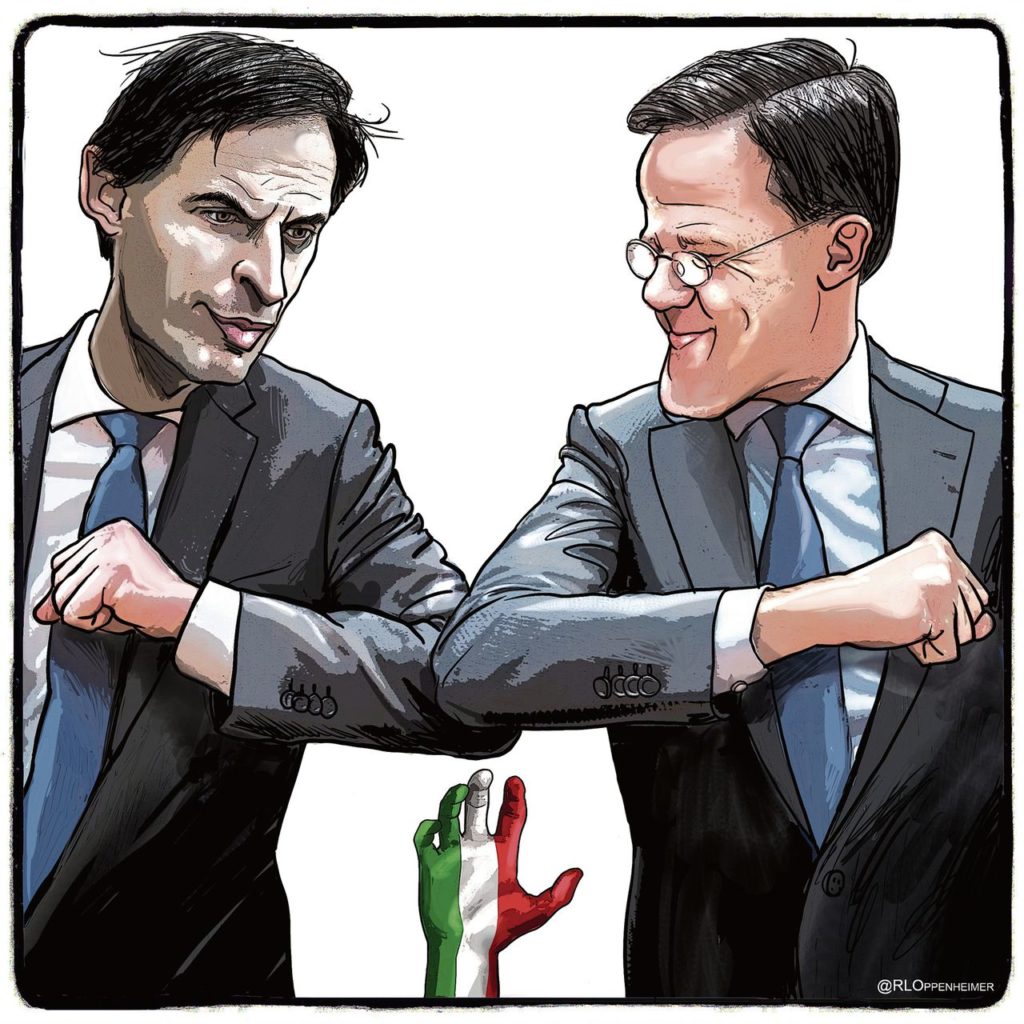
International reflexes
- In the United States, we hear Trump speak of the “Chinese virus”; in Russia, we hear people speak of an American bioweapon.
- In Africa, people suspect the West of using Africans as guinea pigs in the development of a vaccine.
- In the European Union, old accusations between north and south come to light as soon as financial support is discussed.

Ideological priorities
- While the US president makes every effort to protect the economy (leading to measures that are long overdue), the Chinese president makes every effort to secure the well-being of its citizens (leading to an even greater state control).
- While the one European leader calls upon everyone’s sense of public responsibility, the other seizes the moment to rule by decree.
Seen in this light, this corona time is not exactly a revolutionary time. Rather, it is one big affirmation of the status quo. Still, many people state that the world will not be the same after corona. Are they right? I think they are. But let’s not forget that the world was changing already and will change anyway. In the next blogs I will explain why.
